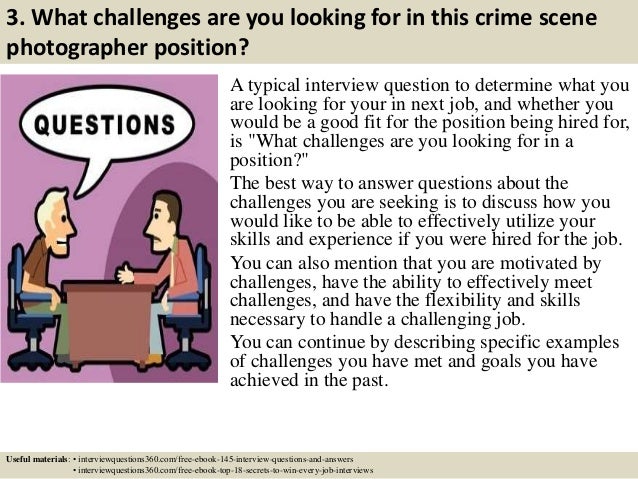If you want to work with cameras, becoming a forensic photographer probably isn’t at the top of most people’s lists.
Crime scene photography, on the other hand, is an important part of the police investigation process. Like any other photography job, it can be hard and rewarding.
A crime scene photographer must record where and how each piece of physical evidence looks at the scene, as well as any people who were there.
It takes special photography skills to take pictures of things like fingerprints and tire marks, especially when you have to do a lot of the work in low light.
In this article, we interview Jack King, a professional crime scene photographer on the Gold Coast, Australia.
Getting an interview for a job as a crime scene photographer is a big step forward in your career. But going on an interview can also be scary, especially if you don’t know what lies ahead. Going in fully prepared by anticipating likely interview questions is crucial. This article will go over some of the most common interview questions you might be asked as a crime scene photographer, along with some tips on how to do well on them.
Overview of the Crime Scene Photographer Role
Crime scene photographers, who are also called forensic photographers, are very important to the investigation of crimes. Their key duties include:
-
Photographing crime scenes, evidence, and related areas of interest This creates a visual record of the scene
-
Capturing close-up photos of specific pieces of evidence like fingerprints, blood splatter patterns, and footprints These detailed shots aid forensic analysis
-
Taking photos according to strict protocols to ensure they are admissible in court.
-
Working collaboratively with police officers, detectives, forensics teams, and other personnel at crime scenes.
It’s a role that calls for strong technical photography skills, attention to detail, ability to work under pressure, and emotional resilience. As such, the interview aims to assess candidates’ capabilities across these areas.
7 Common Crime Scene Photographer Interview Questions
Here are some of the key questions you may be asked, along with guidance on how to prepare your responses:
1. Why are you interested in becoming a crime scene photographer?
This opening question allows you to explain your motivations and passion for this unique career path. Share why forensic photography appeals specifically, versus other photography genres. Convey your interest in supporting law enforcement and justice through visual documentation.
Tips: Outline how your values and personality align with the role. Reference any related academic background, volunteering, or prior photography experience that sparked your interest.
2. What photography skills and techniques are important for crime scene photographers?
This question tests your understanding of the key technical abilities needed. Be sure to mention:
-
Proficiency with DSLR cameras and settings like ISO, aperture, and shutter speed
-
Lighting techniques, including flash and ambient light
-
Understanding of depth of field, white balance, and image composition
-
Ability to photograph small details and 360 degree scene views
-
Knowledge of protocols like scale, markers, and image duplication
Tips: You can reference how you gained these skills through courses, independent learning, and hands-on practice. Provide examples if possible.
3. How would you handle emotionally difficult aspects of this job, like violent crime scenes?
Crime scene photography inevitably involves exposure to trauma and graphic imagery. This question probes your resilience and ability to cope with the tougher aspects. Share how you would maintain professionalism and attention to detail even when faced with unsettling situations. It’s fine to acknowledge you would find certain scenes upsetting or challenging. Focus on the strategies you would use to regulate your emotions and do your job effectively.
Tips: Discuss healthy stress management techniques like exercise, meditation, debriefing with colleagues, and maintaining work-life balance. Outline your personal support network. Demonstrate self-awareness and maturity.
4. How do you ensure crime scene photos meet the protocols and standards for evidence?
Here’s your chance to demonstrate technical knowledge by outlining key protocols like:
- Using markers

Sound like you’ve got to be strong in mind and body!
Yeah! There have been a couple of jobs which have hit close to home, I suppose. In particular, attending a homicide scene where I knew the person or any crime that involves innocent people.
A good number of our murders are caused by drug deals, but domestic violence, which is terrible, comes in close second.
How do the editors know to what extent they can edit a photo? For example, if you raise the exposure, the colour’s going to change…
We don’t really come across scenes like that very often, where the precise colour has been that important. Sometimes in some of the traffic scenes, I’ll want the lighting to remain the same. In those cases, we just let them know we want this as it is, and not to edit.
Crime Scene Photographer interview questions
FAQ
What questions are asked at a CSI interview?
What are the six most important questions to ask in criminal investigation interviews?
What is the most important element to crime scene photography?
